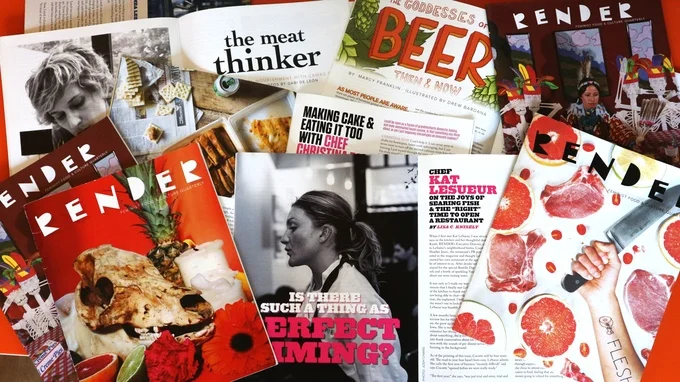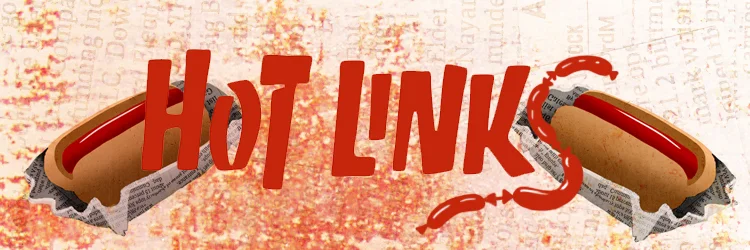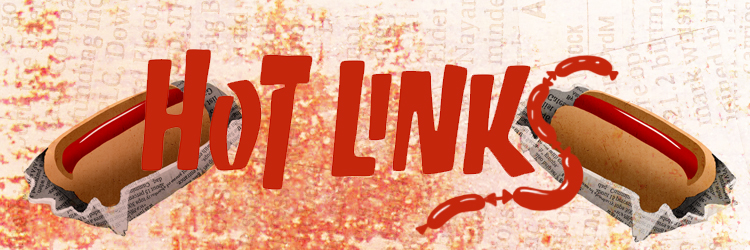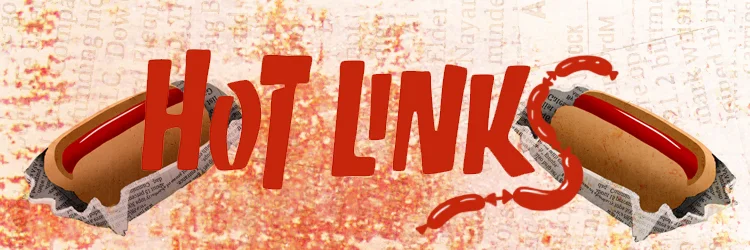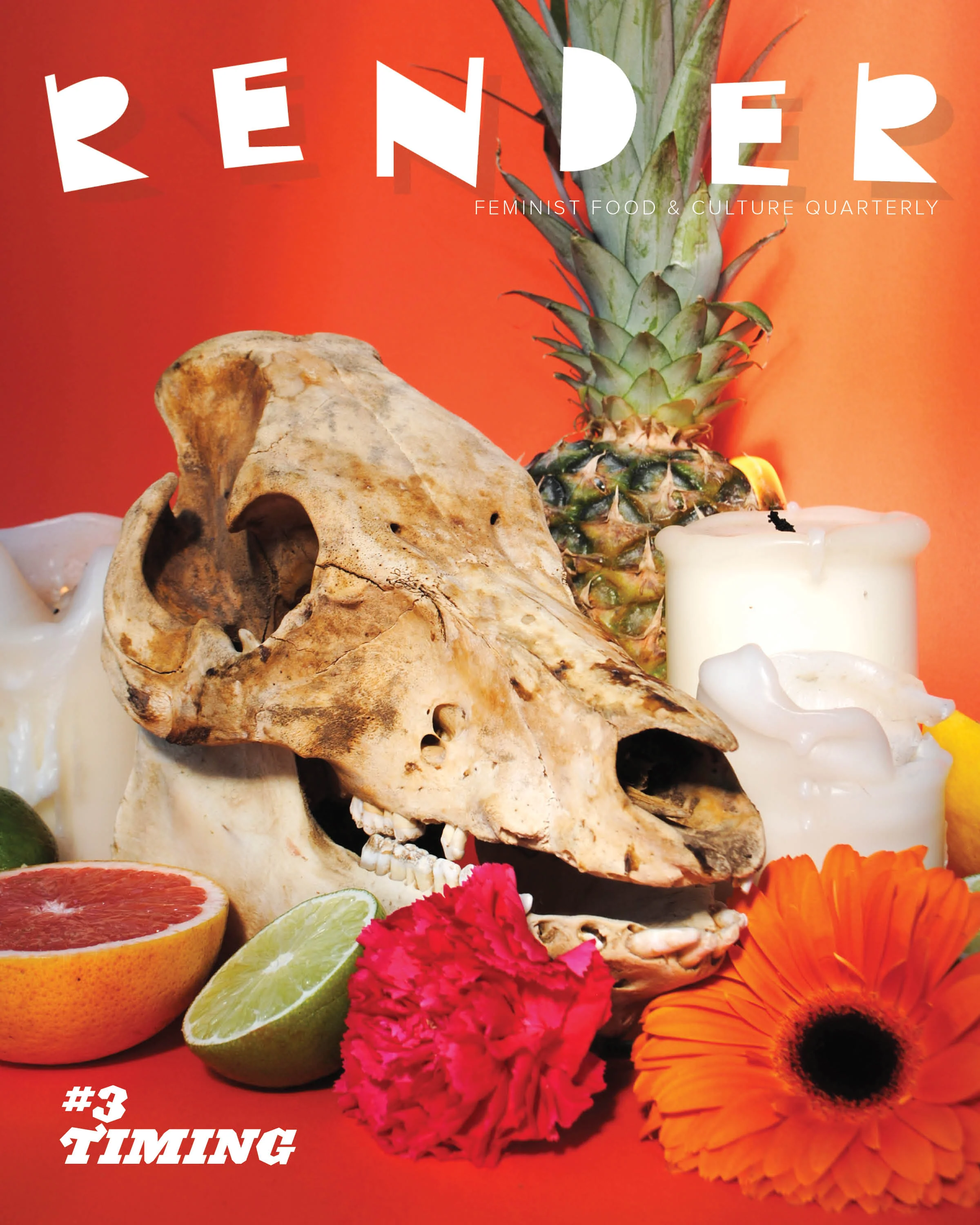

Like most other farmers market, at the West Park Farmers Market in Michigan people go for the gorgeous heirloom tomatoes. And the little bags of apples. And perhaps even, the sweet jars of honey. For their conversations about race, class, and identity, people usually prefer to go elsewhere. But, then the farmer’s market created a shed that blocked traffic coming from Detroit. They were blocking the traffic from the poorer population. The population that had more people of color. And that’s when conversations about racism and classism came to a head. Right near those heirloom tomatoes. This month on the Feminist Fork, Renee looks at whether farmers markets can be more than a place to buy local produce and become a place to talk about power, identity, and oppression.

